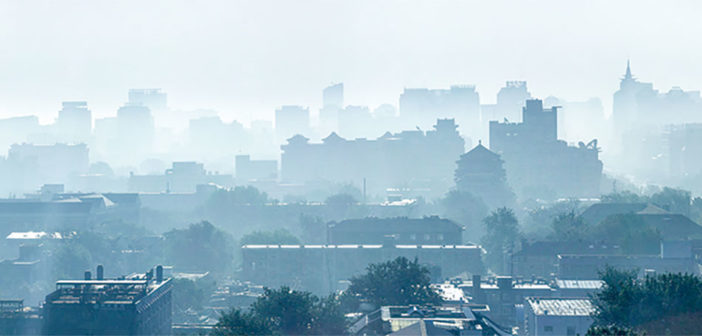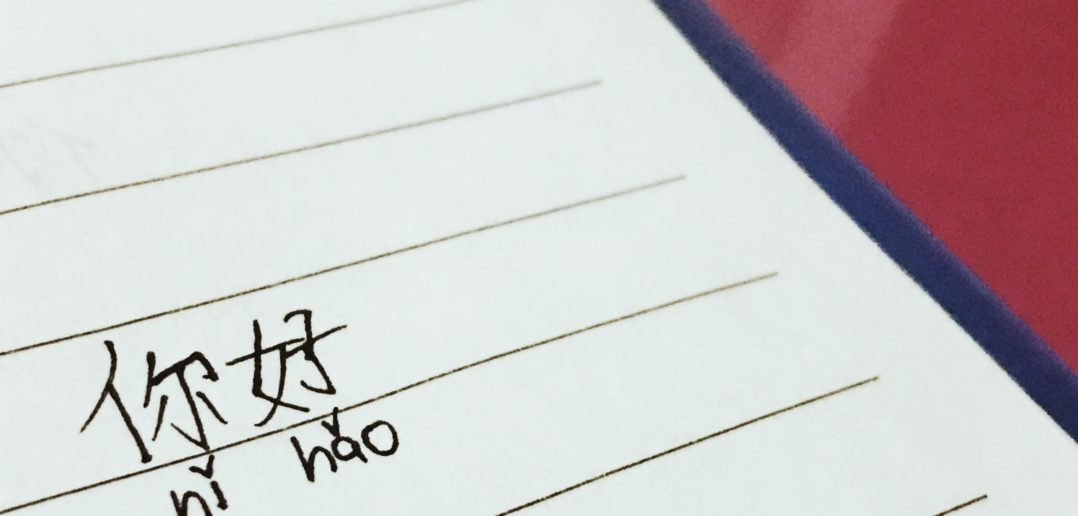A discussion in the office got us wondering what advice international families wish they’d been given before moving to Beijing. So we did what everyone does here when they have a question that needs answering: we took to WeChat and asked in our networks. The responses were many and varied. Here are some of the best.
“I wish I’d taken the time to learn more Chinese.”
To this, we’d also add: Mandarin is hard for English speakers, especially if you’ve not been learning it from a young age, so don’t beat yourself up if you’re not fluent overnight. But while there are plenty of English-language signs and a big community, there’s no doubt you’ll get a lot more out of your time here if you can chat with the locals and read a few hanzi (characters). Find a good teacher, learn words and characters, and take HSK tests so you can measure your progress.
“If you’re shipping stuff over, make sure you fill out the customs forms!”
This can seem like an irritating minor task when you have a hundred other things to think about preparing for your move. But if you don’t, expect to have your possessions held up at Customs, to have to make a trip out to the airport to sort the problem out, and to end up paying huge sums of money on import duties (often more than the goods are worth.) Any reputable shipping company should supply you with the forms. As so often in China, just do the paperwork, no matter how pointless and tedious it seems.

“Download WeChat and connect with parenting groups in advance. They are priceless for activity info and advice/help,” and “Try to have a bank card as soon as possible (if you want to join a big group in WeChat) in order to have access to expat groups very soon.”
See our WeChat Guide about how to do this. WeChat limits access to the bigger groups unless you have a bank card linked to your account, so it’s worth setting up a local bank account even if you don’t expect to use it much.
“Kindergartens and international schools are so expensive, so if you have two or more children… do a good negotiation with your company.”
Beijing’s schools, though generally offering high standards and amazing facilities, are the second most expensive in the world. Coming with a plan and a budget for your children’s education here is essential.
“Unless it was published last week, don’t take it for granted that what a guidebook/blog says is fact.”
Things move fast in this city: businesses, even buildings, appear and disappear overnight. Magazines and blogs like beijingkids can help you find fun things to do, but always double check unless the information is bang up to date.

“I did a decent amount of research before moving here but somehow missed that you can’t drink tap water.”
The authorities insist that tap water is safe to drink, and it may well be when it leaves the purification plant; but most people are skeptical about water supply pipes, and only drink bottled water.
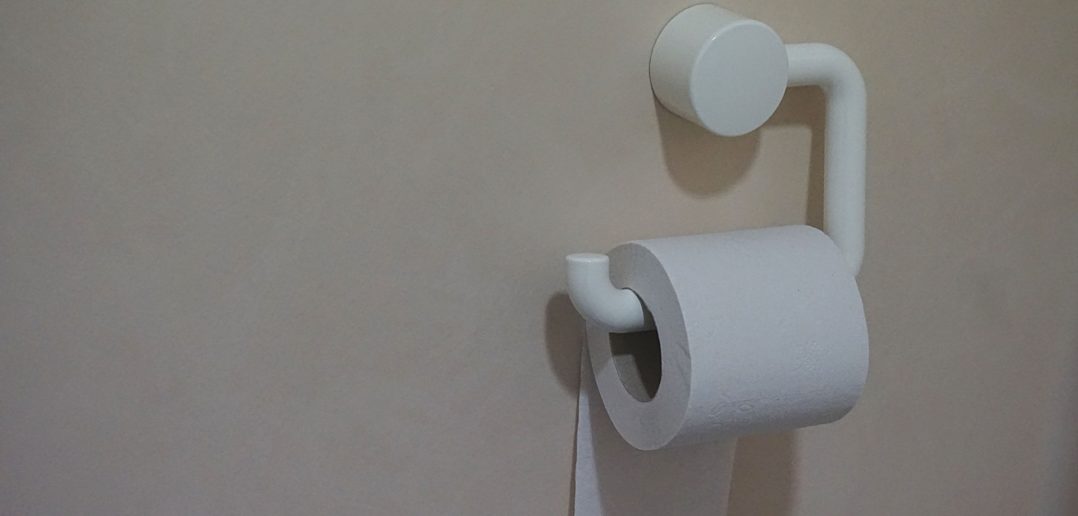
“You aren’t supposed to flush toilet paper!”
Others reported that they’d been told toilet paper was unavailable here and arrived with a year’s supply. Of course, you can buy it in any supermarket, but don’t expect to find it in public toilets; it’s worth making sure you always have some with you, and wet wipes too. Public toilets can be a shock in other ways: the smell is often strong, even when they’re spotlessly clean, and for some older Beijingers defecation is a social activity, not a private one. Elsewhere western-style plumbing is on the increase (though scientific evidence says that squatting is actually better for you.) But in many places you can’t flush paper down the toilet, you’re expected to put it in a bin at the side.
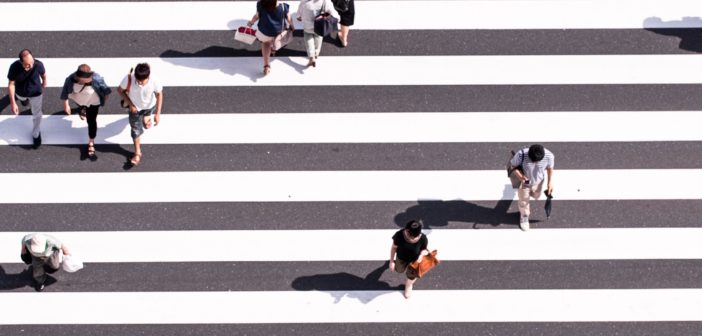
“Look in all directions when attempting to cross the road.”
Cars generally obey the rules of the road, apart from when they’re turning right at red lights and driving up bike lanes. (And pulling out without signaling, changing lanes erratically, or driving slowly down the road with their hazard lights flashing for no apparent reason.) The myriad of other forms of wheeled transport on Beijing’s roads though could be coming from any direction, at any speed, in any place on the carriageway or sidewalk, often with the driver more interested in their phone than the road. Be careful out there.
“If you ask directions, don’t assume the local is sending you the right way.”
“Face” is still a hugely important concept in Chinese society. If you ask for directions from someone who doesn’t know the answer, they might make something up rather than risk looking foolish. Alternatively, they might completely ignore you and walk away. The safest thing is to use your phone to navigate around; that’s what the locals do.
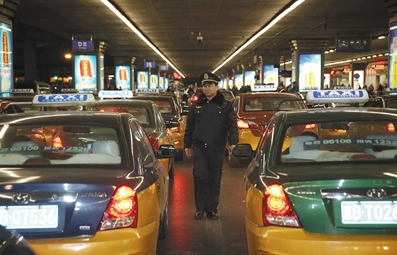
“When you first arrive, you’ll be a target for scammers. Know the usual cons, and be wary till you’ve settled in.”
Street crime in Beijing is astonishingly rare; you’re safer to walk around here, any time of day or night, than almost anywhere in the world. (Though you should always keep your wits about you.) However, there’s a couple of well-known scams which are regularly practiced on new arrivals. Beware of any stranger enthusiastically engaging you in conversation, “to improve their English”, especially if they suggest you go to a nearby teahouse or restaurant to sample local cuisine. They’ll vanish, and you’ll be left with a huge bill, and little choice but to pay it. Also, fake RMB 100 notes are rife. Watch for the taxi driver who switches your real bill for his fake one, then complains and makes you pay again. (Fake notes can be avoided by doing as the locals do and paying for everything using your phone.)
Photo: Adobe Stock Photo; Andy Penafuerte III; hermaion, Kaboompics. com via Pexels.com; Ryoji Iwata via Unsplash; pinglun.eastday.com
This article appeared on p38-41 of the beijingkids July 2018 Home & Relocation Guide issue.

